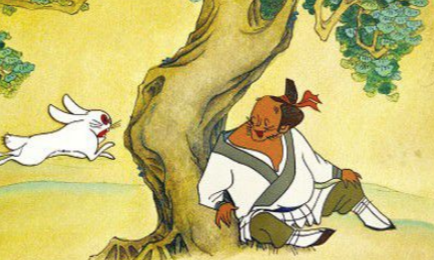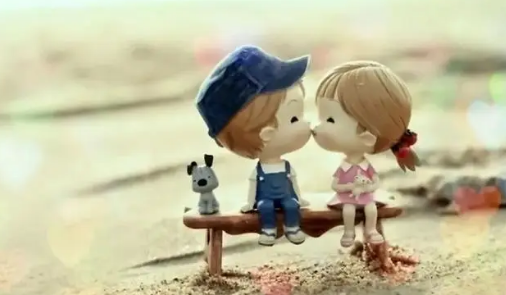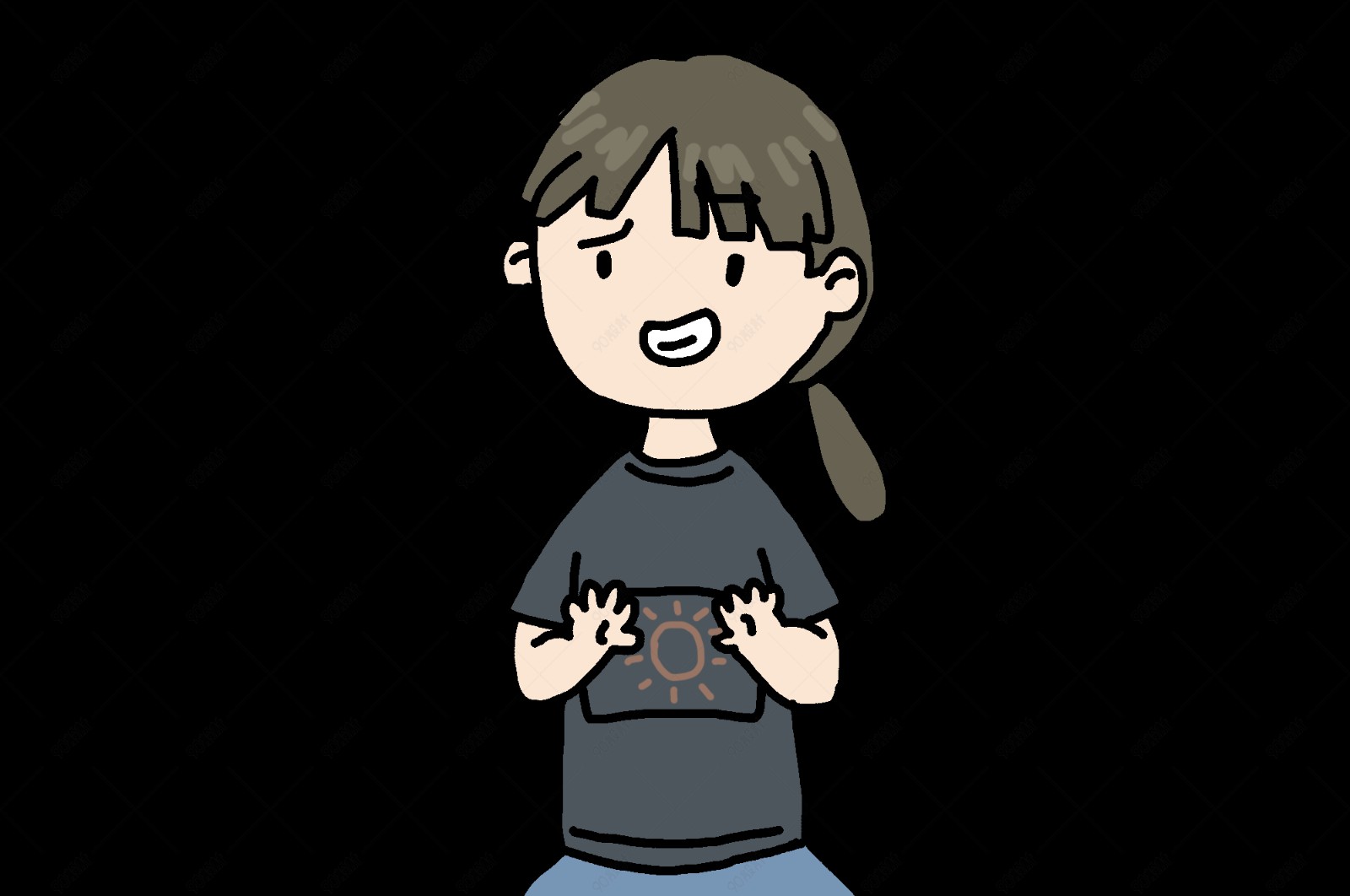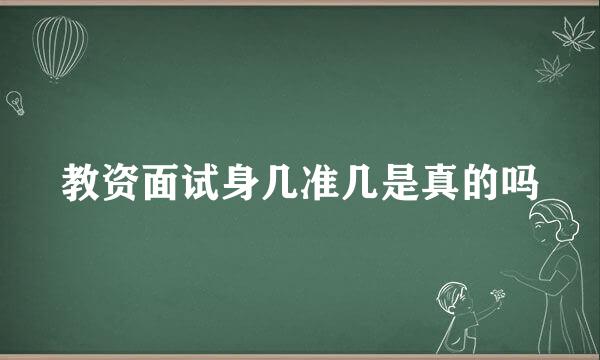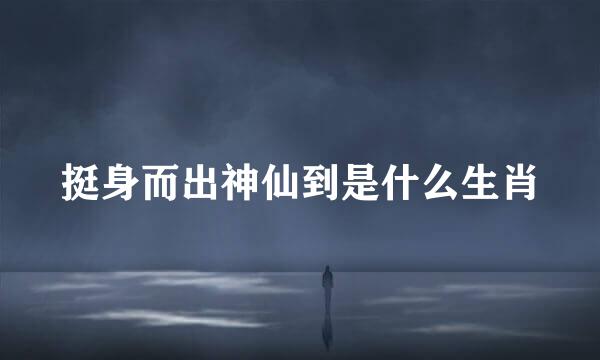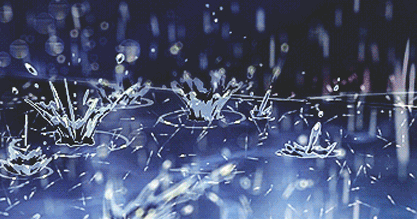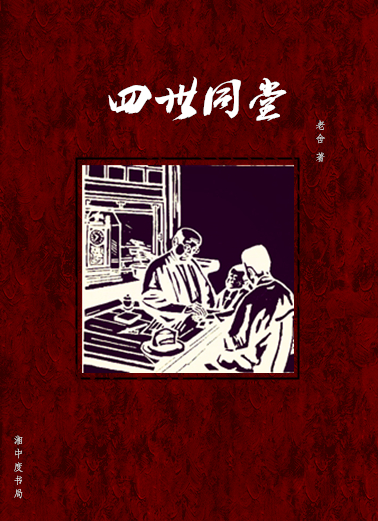wait every day under the tree , in the hope that a hare would kill itself by crashing into a tree trunk。
“守株待兔”英文翻译:
相传在战国时代宋国,有一个农民,日出而作,日落而息。遇到好年景,也不过刚刚吃饱穿暖;一遇灾荒,可就要忍饥挨饿了。
Legend has it that in the Warring States Period of the Song Dynasty, there was a peasant who wrote at sunrise and died at sunset. In a good year, we have just eaten and clothed warmly; in a famine, we are going to starve.
他想改善生活,但他太懒,胆子昌行瞎又特小,干什么都是又懒又怕,总想碰到送上门来的意外之财。奇迹终于发生了。深秋的一天,他正在田里耕地,周围有人在打猎。
He wanted to improve his life, but he was too lazy, too timid, too lazy and afraid to do anything, and always wanted to encounter unexpected wealth. The miracle finally happened. One day in late autumn, he was plowing in the field, and people were hunting around him.
吆喝之声四处起伏,受惊的小野兽没命的奔跑。突然,有一只兔子,不偏不倚,一头撞死在他田边的树根上。
The voice of the cry rose and fell everywhere, and the frightened little beast ran desperately. Suddenly, a rabbit, impartial, hit his head on the root of a tree near his field.
当天,他美美地饱餐了一顿。从此,他便不再种地。一天到晚,守着那神奇的树根,等着奇迹的出现。
On that day, he had a good meal. From then on, he stopped planting. From day to night, the magic tree roots, waiting for the miracle.
故事启发:
不耐空要死守着一个简单的死道理、既定的目标或人和物,一辈子,从不改变最初的想法,妄想从此不用劳作、不用行动,就可以得到第一次成功时或幻想的成果,要知道事物是不断变化和发展的。
“守株待兔”和“刻舟求剑”,都含有“不知变通”之意。但“守株待兔”重在“守”和“待”,形容人不作主观努力,只是存在侥幸心理,带敬想获得意外成功;而“刻舟求剑”偏重于“刻”和“求”,强调虽然主观上努力,但不了解情况变化,不知变通而采取错误方法。
标签:守株待兔,英文

